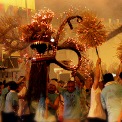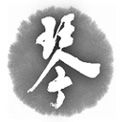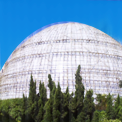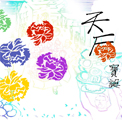 Collections
Collections The Oral Legacies (I) - Intangible Cultural Heritage of Hong Kong
The Oral Legacies (I) - Intangible Cultural Heritage of Hong Kong Herbal Tea
Herbal Tea Food Culture Unique to South China
Food Culture Unique to South China
Herbal tea (“leung cha” or “cooling tea”) is an infusion of Chinese medicinal herbs made according to traditional Chinese medical theories but geared to the climatic conditions and natural environment of South China. It is generally dark brown in colour and bitter in taste, with a slightly sweet after-taste.
Historically, the South China region, known as “Lingnan” has been described as “hot and miasmic”. With lots of rain and a high humidity, its water is regarded as being “heaty” in nature. Drinking it would lead to the body building up heatiness, making one prone to sickness. This theory comes from the Chinese traditional concept of balancing yin and yang. To prevent the heat symptom-complex, people in the region have the habit of collecting Chinese medicinal herbs that have “cool” properties, promote the secretion of saliva or body fluid and relieve dampness and toxicity in the body etc., to make various types of decoctions. Now generically referred to as “Chinese herbal tea”, it has become ingrained in the everyday life of the locals. They would take a bowl of the herbal brew geared to specific body conditions for cure or for preservation of general health.
Today, such drinks have grown in variety. Apart from those with a long standing history and decocted according to traditional formulas with medicinal effects for common cold (such as the Twenty-four Flavors Herbal Tea), there are health drinks for preventive and general maintenance purposes, such as Five-flower Tea, Self-heal Spike Tea, Abrus Herb Tea, Chrysanthemum Tea, Luohanguo (Siraitia grosvenori) Tea, etc.



